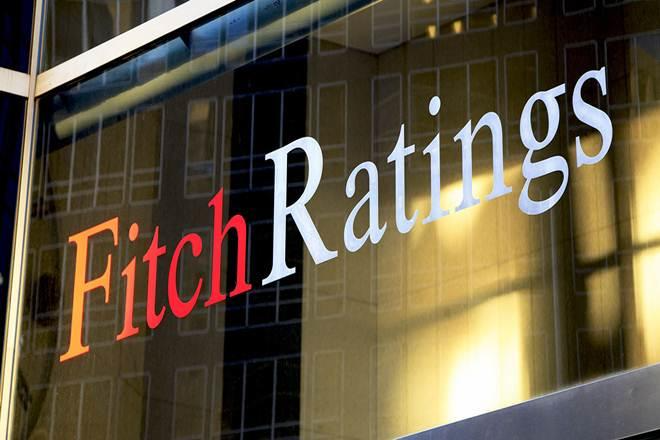Fitch Ratings has affirmed the Long-Term Issuer Default Ratings (IDRs) of First HoldCo Plc (FHC) and its commercial banking subsidiary, First Bank of Nigeria Ltd. (FBN), at ‘B’ with a Stable Outlook.
The credit rating agency also upgraded the banks’ National Long-Term Ratings to ‘A+(nga)’ from ‘A(nga)’, citing improved capital buffers and enhanced profitability.
The upgrade in the national rating reflects the success of a N147 billion rights issue and a boost in earnings driven by a widened net interest margin (NIM), following the Central Bank of Nigeria’s rate hikes and a more stable exchange rate environment.
Fitch, in its latest rating, noted that both FHC and FBN’s creditworthiness is supported by a robust domestic franchise, with FBN commanding 10.7per cent of Nigeria’s banking system assets as of end-2024. Its diversified revenue mix, with non-interest income contributing 42 per cent of operating income on average over four years, and a stable funding profile grounded in a strong retail deposit base, have underpinned its resilience.
However, the agency flagged lingering concerns about asset quality, sovereign exposure, and credit concentration particularly in the oil and gas sector, which makes up 36 per cent of FBN’s gross loan book. Impaired loans rose sharply to 10.2per cent at the end of 2024, up from 4.9per cent the previous year, due largely to the default of a major borrower. High Stage 2 loans, many of them dollar-denominated and oil-related, also pose risks.
Expiring forbearance on oil and gas loans is expected to further pressure asset quality in 2025, potentially pushing impaired loan ratios higher, Fitch stated. It further added that, despite asset quality concerns, FHC’s profitability remains robust. Operating returns on risk-weighted assets averaged 4.6per cent over the last four years, with 2023 and 2024 performance bolstered by foreign exchange gains from the naira devaluation and higher interest rates.
Capital adequacy is also on the mend as it said FBN’s capital adequacy ratio stood at 16.5per cent at end-2024, modestly above the 15 per cent regulatory threshold.
Fitch expects capital buffers to strengthen further in the near term, helped by strong earnings and proceeds from the recent rights issue.
Fitch’s Stable Outlook on the IDRs reflects similar stability in Nigeria’s sovereign rating, which was itself upgraded to ‘B’ in April 2025. The agency highlighted that any rating upgrade for FBN and FHC would require an upgrade of the sovereign rating, along with continued improvement in the banks’ financial profiles.










